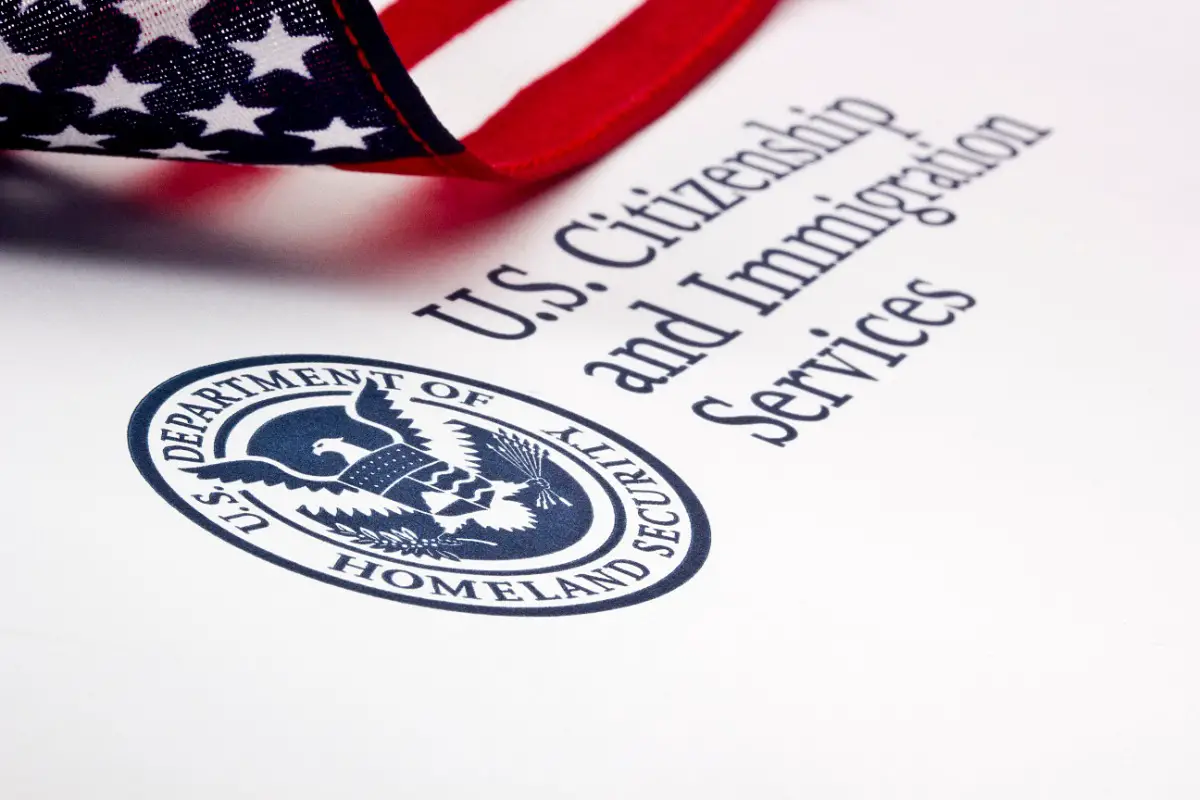
The Department of Homeland Security (DHS) recently announced that legal immigrants will once again be able to receive housing assistance and other non-cash benefits without risking their legal resident status.
The Biden administration’s final rule that determines if an immigrant is a “public charge” was published in the Federal Register. Immigrants can be declared a public charge if they are wholly dependent on government assistance to live.
If immigrants are determined to be a public charge, they can be denied admission to the U.S. (deported) or denied legal resident status (otherwise known as a “green card”).
For decades, only dependence on direct cash assistance or institutionalization was considered in the public charge determination. Cash assistance includes the Federal Temporary Assistance for Needy Families (TANF), Supplemental Security Income (SSI, as well as state and local income-maintenance programs.
Legal immigrants could use non-cash benefits without putting their legal status at risk. These include programs like the Supplemental Nutrition Assistance Program (SNAP, formerly known as Food Stamps), the Children’s Health Insurance Program (CHIP), or housing assistance like Section 8 Housing Choice Vouchers and Public Housing.
The Trump administration changed the public charge rule to include almost any assistance program, even those where Congress explicitly said that immigrants can participate. It also penalized immigrant families for using non-cash benefits even when their children are U.S. citizens and qualify for assistance.
The Trump public charge rule penalized legal immigrants for using a number of housing assistance programs. These included Section 8 Housing Choice Vouchers, Section 8 Project-Based Rental Assistance,and HUD Public Housing.
The Biden administration final rule returns the public charge determination to its decades-old understanding. Legal immigrants and their U.S. citizen children can use non-cash benefits without fear that they will put their legal residency status at risk. Immigration officials will not count benefits received by household members other than the applicant.
Legal immigrants are entitled by law to use housing assistance, SNAP benefits, CHIP, and many other publicly funded programs. The Biden administration final public charge rule makes sure that immigrant families have the support that Congress intended. This helps all of us as our new neighbors contribute to their communities and build a future for their children.
